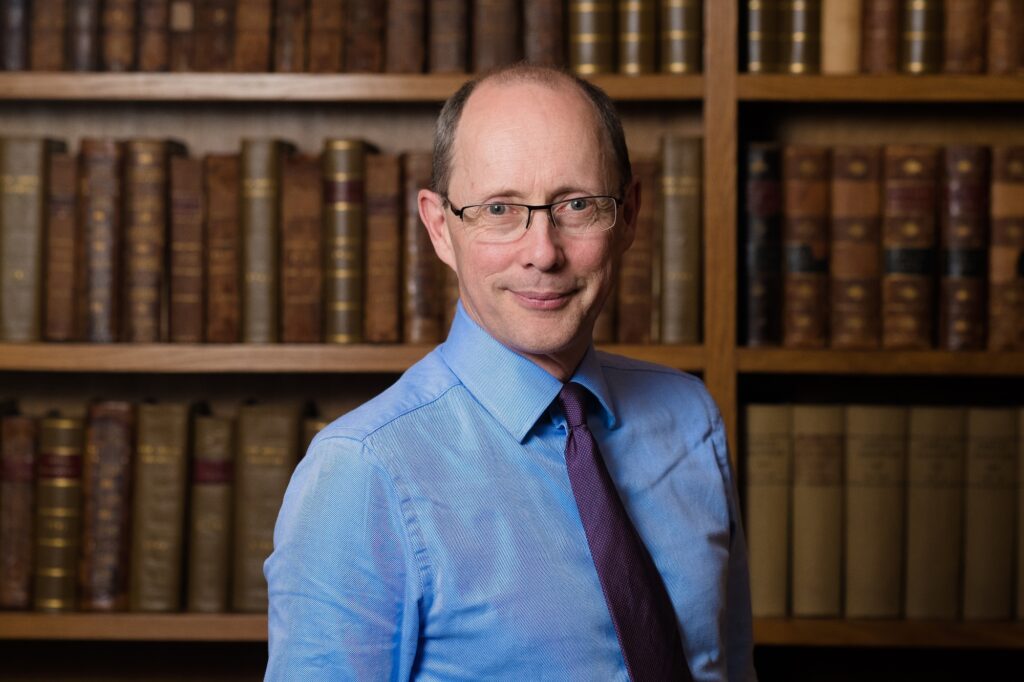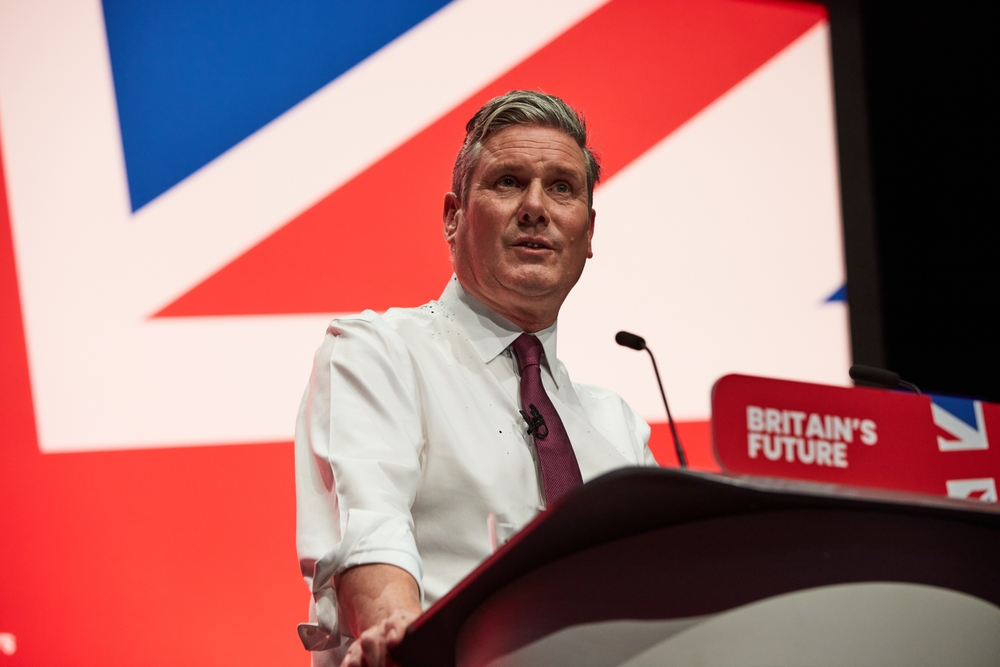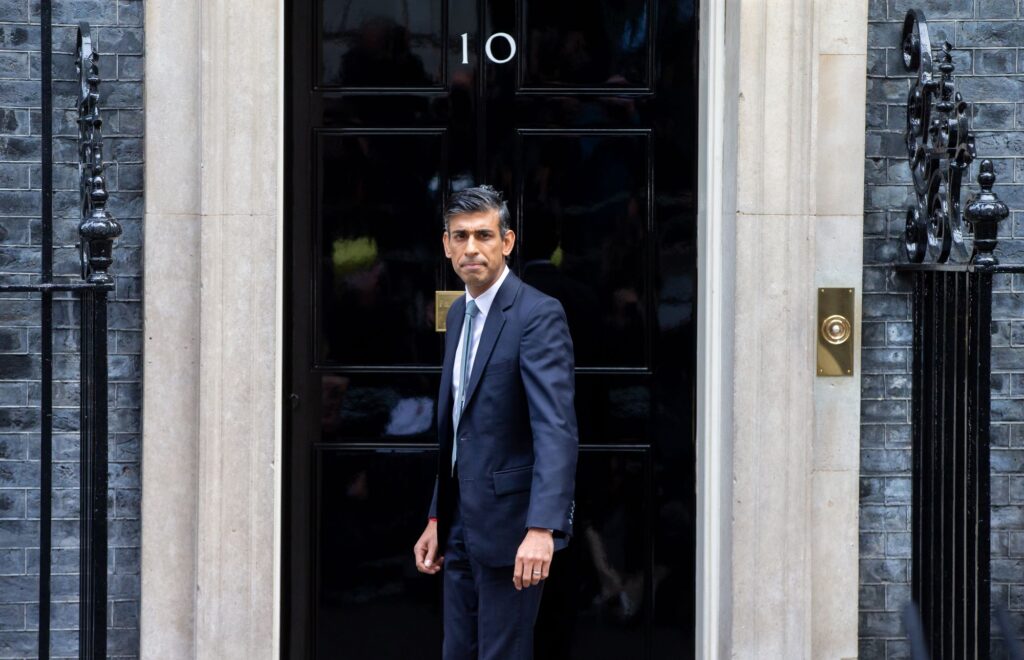
It’s almost 13 years since Sir Andrew Dilnot’s government-backed commission proposed a cap on social care costs in an effort to minimise the risk and uncertainty that surrounds the sector.
At the time, in July 2011, the ambitious proposal’s £1.7bn price tag raised eyebrows among David Cameron’s coalition government after the former director of the Institute for Fiscal Studies revealed plans to remodel the system for funding care.
Today, amid a growing band of voices opposing the Department for Work and Pensions’ approach to recouping overpaid Carer’s Allowance payments, Sir Andrew claims a lack of ‘action’ continues to hinder those on the frontline of social care in the UK.
What he perceives to be a decades-long hold-up to proposed reforms has left carers and the cared for in ‘intolerable’ circumstances. Has anything changed in the years since his commission was delivered?
“Honestly, not that I can see,” said the economist and current warden of Nuffield College Oxford. “There’s no shortage of understanding when it comes to what the challenges are, and there is even a reasonable consensus about what needs to be done.
“It’s an area where we’re letting people down — we’re letting down not just the people who are being cared for, but also the people doing the caring both formally and informally.
“What’s missing is action, and there’s a whole range of people that leaves in an intolerable situation — most obviously the people who need care, but it’s also a nightmare for the people providing care. There isn’t enough resource provided for them.”

That lack of action, or indeed any uptake on his report’s primary recommendation to limit individuals’ contribution to social care costs to £35,000, after which the State would pay, is having a detrimental effect across the board.
“It’s a nightmare for social workers and other officials trying to make judgments about how to distribute any inadequate amount of funding across all the people who need it,” said the 63-year-old.
“It’s also terrible for the families of people who need care, who find themselves desperate, so we’re letting a whole wide range of the community down. There are as many people working in social care as there are working in the NHS.
- Read more: Friendships formed from a sticky situation
- Read more: I’m being billed as ‘stalwart of 90s spoken word scene’
“It’s a huge sector that will affect most of us before we die, and we behave as though it’s not there.”
The last time Britain went to the polls in 2019, the Conservatives, Labour and the Liberal Democrats all included a version of Sir Andrew’s reforms as part of their manifestos.
Some five years on another General Election looms, and at present, after churning through three Prime Ministers in five years, it will be October 2025 before any semblance of those reforms are put into practice.

“The whole of a parliament will have gone,” said Sir Andrew. “I live in hope and expectation that October next year will come and a set of reforms will be implemented, but there’s not much sign of a live political debate about it.”
The faintness of his optimism is understandable. Legislation went through and was signed by Queen Elizabeth II in 2015.
“There was an agreement at that point to implement recommendations, and then after the 2015 general election the then Chancellor of the Exchequer postponed it until 2020,” he said.
More recently, Labour have suggested they are committed to the idea of putting a cap on people’s lifetime social care liabilities — one of the elements of the reforms Sir Andrew advocated for. “But there hasn’t been much political discussion,” he said.
“I’ve gotten to a point where what I’m interested in is action rather than voice. I recognise that political discussions, particularly in the run up to an election are very delicate and sensitive, but what I’ll be most interested in is whether the next government has the courage to introduce reforms in October 2025.”
“The test is action, not words, because we’ve had so many words in the past which haven’t ended up leading to particularly striking action. I think the right thing to do is to look at what people do, rather than what they say.”

The main hurdles facing the sector and those deeply affected by its success or failure remain the same according to Sir Andrew — 13 years of inaction has not changed those core needs.
The commission recommended a partnership model featuring a ‘generous’ means test and a lifetime cap on social care costs, meaning the state would step in to ward off the negative effects of unplanned outgoings.
The means tested system, he says, must be ‘properly’ funded and restructured. “It’s a peculiar characteristic at the moment.
- Read more: Review: 2:22 A Ghost Story at Sunderland Empire
- Read more: Artist inspired by life around her
“Once you’ve got £23,250, including your house, the state doesn’t pay anything at all. That kind of cliff edge creates an enormous sense of unfairness. That number should be tapered more generally.
“Social care is something for which the right model is not saving, it’s insurance. Most of us will need social care before we die, but the amount that we need is enormously variable.
The right response to something like that is not for everybody to try to save up £1 million pounds a year. Most people couldn’t possibly do that.

“The private insurance market can’t do it, so we argue that the State should at least pool the worst of it, and set an amount beyond which if you’re unlucky enough to need care, the State will pay after putting a cap on people’s lifetime costs.”
Having worked on this concept for nearly 14 years, Sir Andrew said the obstacle remains one of the biggest challenges faced by our society, and insisted ‘taking away the fear which now paralyses people and their families’ must be prioritised by whoever is in charge following this year’s election.
“It’s the only big risk that we all face where there’s no risk pooling,” he said. “Your house might burn down — buy some private insurance. You might have a car crash — buy some private insurance. Have a serious health care problem? The NHS pause that risk for you. Need to be educated? The state provides schooling for you.
“The one big risk that we all face, where we’ve got no control, no risk pooling and nothing but fear is social care. It’s been like that for a long, long time and it would be a great thing if 2025 could be the year where that stopped.”












